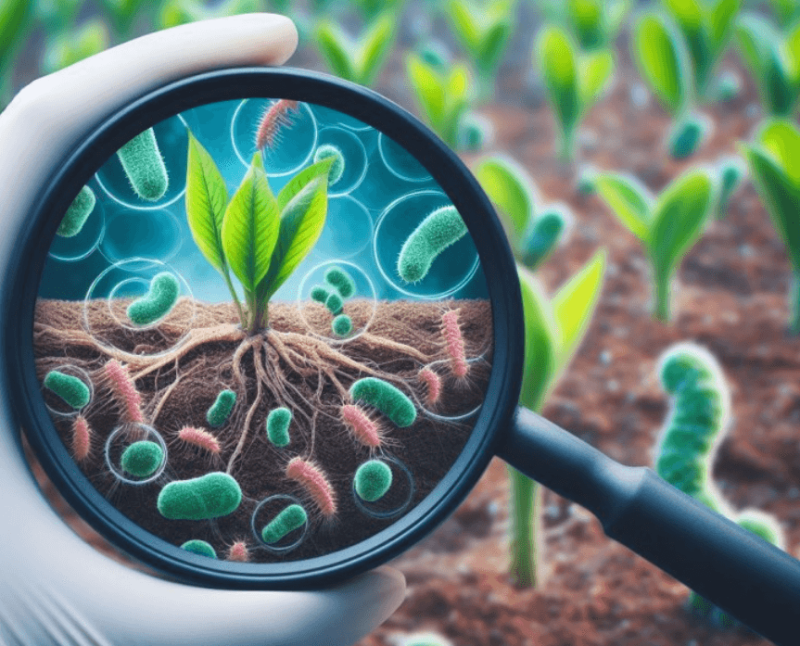Claims we may only have 60 harvests left appear to be hyperbole but the fact remains that our agricultural land is suffering due to micronutrient depletion.
Chemical fertilisers are unable to stem the tide, while microbial fertilisers, which replenish the nutrients removed as plants grow, bring with them their own hurdles.
Microbial fertilisers are mostly in use at large-scale commercial farms in Brazil, where farmers have seen equivalent or higher yields, as well as small “boutique” farms in the US. Costs can be prohibitive for many farmers though, with on-site fermenters and skilled staff needed to grow and disperse microbes.
However, Ariel Furst, based in the Department of Chemical Engineering at the Massachusetts Institute of Technology (MIT), US, believes access to microbial fertilisers can be improved through nanotechnology.
“Our goal is to enable everyone to have access to these microbial tools, without needing to actually grow the microbes on site,” she says. Using food-grade chemicals, Furst’s group has developed coatings that can protect the microbes until they are applied to the soil, while enabling transport in a dried form that prevents difficult and expensive liquid transport and avoids the need for cold chain. Comprising a metal and the organic compound polyphenol, the metal-phenol network coatings self-assemble under the right conditions.































